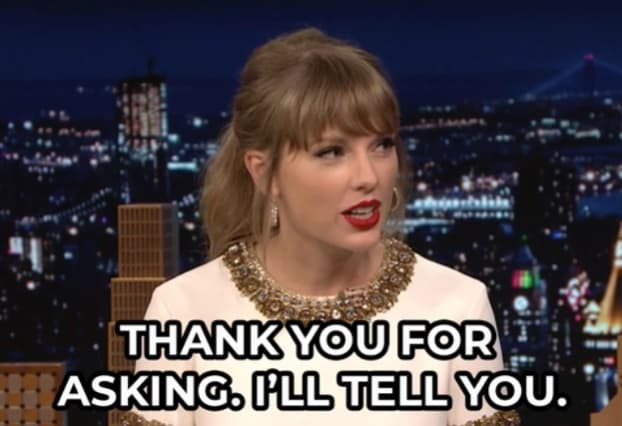Hey everyone! I'm Ben, and I will be doing an AMA for Effective Giving Spotlight week. Some of my relevant background:
- In 2014 I cofounded a company for earning to give (EtG) reasons (largely inspired by 80k), which was later successfully acquired.
- Since late 2018 I have been doing direct work, currently as Interim Managing Director of CEA.
- (With a brief side project of founding a TikTok-related company which was similarly acquired, albeit for way less money.)
- I've had some other EtGish work experience (eight years as a software developer/middle manager, a couple months at Alameda Research) as well
- Additionally, I’ve talked to some people deciding between EtG and direct work because of my standing offer to talk to such folks, so I might have cached thoughts on some questions.
You might want to ask me about:
- Entrepreneurship
- Trade-offs between earning to give and “direct work”
- Cosmetics and skincare for those who (want to) look masculine
- TikTok
- Functional programming (particularly Haskell)
- Or one of my less useful projects
- Anything else (I might skip some questions)
I will plan to answer questions Thursday, November 9th. Post them as comments on this thread.
See also Jeff’s AMA, which is on a similar topic.


When founding something new, how do you balance money and impact?
I’m (attempting to be) an EA entrepreneur, but I find it difficult to balance finding product-market-fit+scaling with actual impact. At different times, I’ve found myself focusing too much on building something “big” that doesn’t have any actual object-level impact, or being too perfectionist about optimising impact versus simply doubling down on something that works and is influential/makes lots of money.
I haven’t figured it out and don’t expect this to be an easy answer, so just curious what your thoughts are on the resource/impact tradeoffs in decision making.
My sense is that the companies which have managed to be impactful and profitable create products which require substantial capital investment but which are profitable while still having massive positive externalities if created. Importantly "we will create X, but after having created X we will go on to create Y and Y will be good for the world" seems to have a pretty dubious track record.
(I guess this is an elaborate way of saying "impact + profit" companies work if and only if there aren't market failures.)
I have a general bias in favor of focus and simpl... (read more)